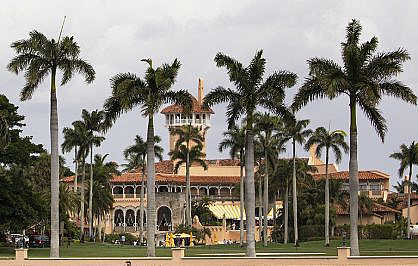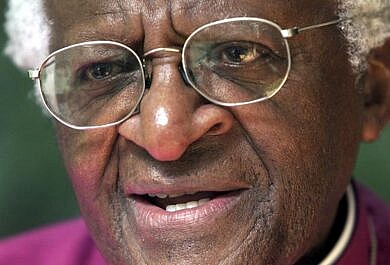A federal judge unsealed a redacted FBI affidavit justifying the search of Donald Trump’s home at Mar-a-Lago.
Summary
A federal judge unsealed a redacted FBI affidavit justifying the search of Donald Trump’s home at Mar-a-Lago.
- The affidavit revealed the Justice Department is investigating former President Donald Trump’s removal of White House records after leaving office after 14 out of 15 boxes recovered from Mar-a-Lago in January contained classified or top secret documents mixed with his other papers.
- The FBI found 184 classified documents in their initial review of the boxes recovered by the National Archives in January. This, along with “a broad range of civilian witnesses,” was part of the FBI’s rationale that “evidence, contraband, fruits of crime or other items illegally possessed” were at the former President’s home.
- The Department of Justice believed Trump illegally took documents involving intelligence and clandestine human sources, which are “among America’s most closely held secrets.”
- The affidavit noted no space at Mar-a-Lago was authorized for the storage of classified information after Trump left office and the sheer volume of classified information found in January led the FBI to suspect more was held at Mar-a-Lago – leading to the August raid.
- President Joe Biden mocked Trump’s claims that he declassified all documents he brought to Mar-a-Lago after leaving office. “I’ve declassified everything in the world. I’m president,” Biden said with sarcasm. “Come on.”
![]()
- CNN’s takeaways included the FBI’s statement there was likely “evidence of obstruction” and the “alphabet soup” acronyms used to describe the sensitivity of the documents indicated the documents at Mar-a-Lago may have “contained some of America’s most sensitive secrets.”
- The Washington Post chronicled the history of lost presidential papers. Prior to 1978, presidential papers were considered property of the president and presidents could “do pretty much whatever they wanted.” Today, presidential papers are considered public property.
- The New York Times contended the former President and his associates may be under a “serious” threat of indictment for the crime of obstruction. To score a conviction for obstruction, prosecutors must prove a suspect “knowingly concealed or destroyed documents” and did so “to impede the official work” of a government agency.
![]()
- The Editorial Board of the Wall Street Journal asked, “Is that all there is?” The board concluded the redacted affidavit seemingly increases the likelihood that the FBI search of Mar-a-Lago was really about classified documents after all and not an ulterior motive for the Jan. 6 investigation.
- FOX News emphasized the affidavit’s heavy redactions, its unusual length, and its references to other documents Trump possessed marked classified that he had previously returned to the FBI in their summary of the “five things to know” about the affidavit.
- The Washington Examiner posed six questions about the redacted affidavit, including: “What was in the documents?”; why they were stashed at Mar-a-Lago; and why they weren’t returned to DOJ earlier.
© Dominic Moore, 2022






